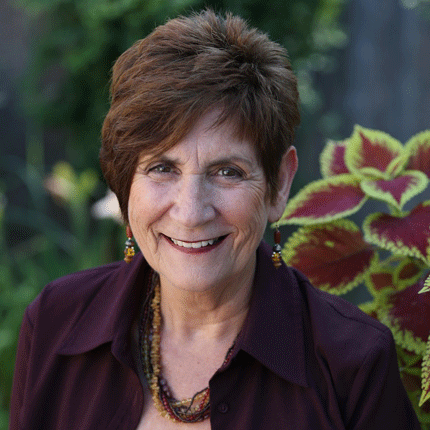Thoughts on Changing the Conversation
 After watching Frontline’s Chasing Heroin last Tuesday night I am grateful to see the media finally focus on changing the conversation. Although the expose’ was very graphic about the side effects of heroin use, Frontline also gave ample time to the hope of how this epidemic can transform rather than the usual drama that is often reported on just the devastation of the disease.
After watching Frontline’s Chasing Heroin last Tuesday night I am grateful to see the media finally focus on changing the conversation. Although the expose’ was very graphic about the side effects of heroin use, Frontline also gave ample time to the hope of how this epidemic can transform rather than the usual drama that is often reported on just the devastation of the disease.
They provided many authoritative perspectives on heroin addiction as a brain disease. There were several who shared that recovering from this disease is not about the person engaging enough will power, or that they lack character or intelligence because they could not find recovery. Addiction is not a personality or behavior disorder. In fact, Dr. Tom Mc Lellan, chair of the Treatment Research Institute (TRI) has been in the field for many years and has a son who died from addiction and also has another in recovery. He said the biggest obstacle in helping people with addictions disorders is the fact that for years we’ve made addiction about personality and lifestyle issues instead of recognizing it as a disease. As the disease progresses, it certainly does affect behavior and personality, but that is a symptom of the disease, not the cause. The compulsion to use and choose their drug of choice has nothing to do with how much, or rather how little, the person who is addicted loves you and trusts you. The compulsion to use is part of the disease process. Until that is interrupted in some way, the addiction will progressively worsen in spite of the consequences.